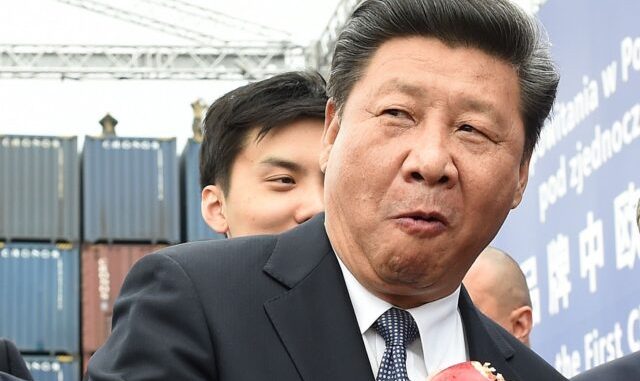
| Published June 25, 2025
For the first time since becoming China’s top leader, President Xi Jinping will skip the annual BRICS Summit, set to take place in Rio de Janeiro this July. China has announced that Premier Li Qiang will attend in his stead, citing scheduling conflicts. Xi’s absence has drawn attention from analysts and international observers, as it comes amid growing tensions within the BRICS bloc and subtle strains in China’s relationship with Brazil, the summit’s host.
🧭 What’s Happening
-
First-ever absence: President Xi Jinping will not attend the summit in Rio—marking the first time since taking office in 2013 he’s skipped a BRICS leaders meeting.
-
Premier Li Qiang to represent China: China has notified Brazil that Premier Li Qiang will lead the delegation—a role he also fulfilled at the 2023 G20 summit in India.
📅 Official Reason & Context
“Scheduling conflict”: Beijing cited this reason, noting Xi has already met with Brazilian President Lula twice in under a year—at the G20 in Brasília last November and at the China‑CELAC forum in Beijing in May .
🤔 Underlying Factors
-
BRI unease: Brazil has refrained from endorsing China’s flagship Belt and Road Initiative, similar to India—reportedly aggravating Beijing.
-
Brazilian displeasure: Lula’s government viewed Xi’s absence as a snub, especially after Lula’s goodwill visit to Beijing and the absence of official comment from China’s Foreign Ministry spokesman Guo Jiakun.
-
Diplomatic optics: Some analysts speculate the invitation of India’s PM Modi to a state dinner post-summit may have reduced Xi’s perceived prominence—hinting at calculated image management.
🌐 Significance
-
BRICS dynamics: Xi’s absence comes at a pivotal time as BRICS expands (including Iran, Saudi Arabia, UAE)—it underscores evolving power balances and the bloc’s nuanced geopolitical positioning.
-
China-Brazil relations: The slight may signal unease in Sino-Brazilian ties, especially regarding Brazil’s cautious stance on the BRI.
-
Upcoming dialogue: The summit remains a platform for Xi–Modi diplomacy, though their encounter may shift to the upcoming SCO summit in China
 Pros and Cons:
Pros and Cons:
✅ Pros
-
Delegation Strength: Sending Premier Li Qiang still ensures high-level Chinese representation without a total absence.
-
Domestic Focus: Xi may be prioritizing urgent internal matters amid economic and political pressures in China.
-
Strategic Distance: Skipping the summit subtly signals dissatisfaction with recent BRICS dynamics (e.g., Iran’s admission or Brazil’s BRI stance) without formal confrontation.
-
Controlled Messaging: Avoids potentially awkward diplomatic optics, especially if tensions with Brazil or India surface publicly.
❌ Cons
-
Diplomatic Snub Perception: Host country Brazil may interpret this as disrespect, straining bilateral ties.
-
Weakens BRICS Cohesion: As the founding powerhouse of BRICS, China’s leader missing the summit may undercut group unity.
-
Loss of Influence: Xi’s absence could allow other leaders—like Modi or Lula—to shape narratives and initiatives without China’s top voice.
-
Mixed Signals: It creates uncertainty about China’s commitment to BRICS expansion and future cooperation.
 Bottom Line:
Bottom Line:
President Xi Jinping’s unexpected absence from the 2025 BRICS Summit signals more than a simple scheduling conflict—it reflects subtle shifts in China’s diplomatic posture and internal priorities. While Premier Li Qiang’s attendance maintains China’s representation, the move has stirred speculation about Beijing’s strategic calculations, especially regarding its evolving relationships with fellow BRICS members like Brazil. As the bloc grows and recalibrates its global influence, Xi’s decision underscores the complexities of maintaining unity amid diverging national interests.
SOURCES: BLOOMBERG – China Tells Brazil Xi Jinping Will Miss BRICS Summit in Rio
BREITBART – Report: Xi Jinping to Miss BRICS Summit for First Time Ever After Bloc Fails Member Iran
THE ECONOMIC TIMES – Chinese President Xi Jinping to skip BRICS Summit in Brazil: Report





Be the first to comment